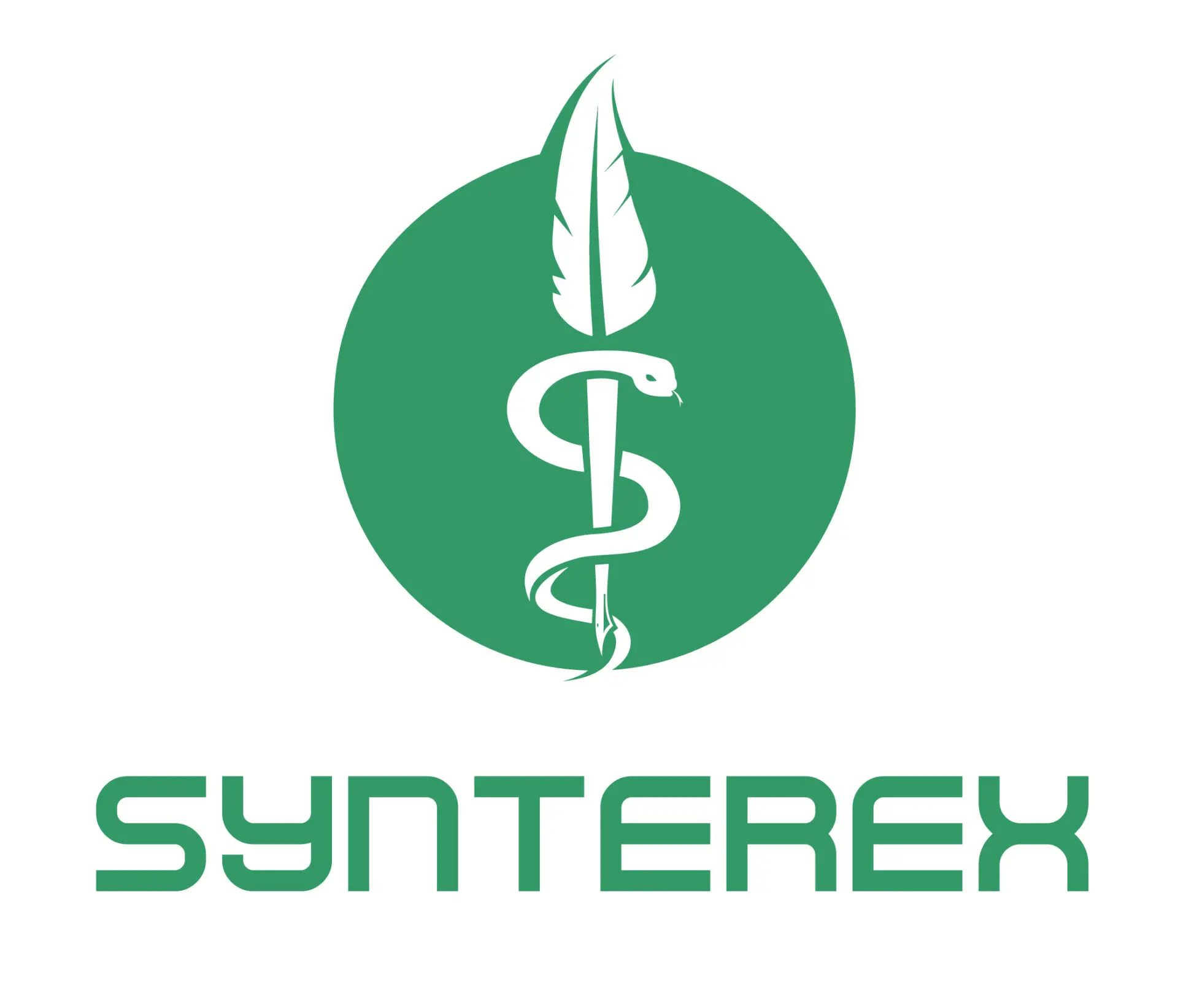In the ever-evolving landscape of medical research, drug repurposing has emerged as a groundbreaking approach, proving that sometimes old dogs can indeed learn new tricks.
Drug repurposing, also known as drug repositioning or drug reprofiling, refers to the process of identifying new uses for existing drugs that are already approved for other indications. This approach has gained significant attention, particularly in the context of the COVID-19 pandemic, as researchers urgently sought effective treatments for the disease.
Traditionally, drug development has been a time-consuming and costly endeavor, often spanning years and requiring extensive resources. However, the concept of repurposing existing drugs offers a tantalizing shortcut to finding novel treatments for various medical conditions. By reimagining the applications of drugs already approved for one purpose, scientists can potentially unlock new therapeutic avenues and accelerate the journey from lab discovery to patient care.
One of the key advantages of drug repurposing lies in the wealth of knowledge already available about existing medications. These drugs have undergone rigorous testing for safety and efficacy in their original contexts, providing a solid foundation for further exploration. This approach not only saves valuable time but also reduces the financial burden associated with drug development. Moreover, repurposing offers a sustainable solution for addressing urgent medical needs, as it taps into a vast reservoir of pharmaceutical compounds waiting to be rediscovered for their untapped potential. This innovative strategy exemplifies the adaptability and ingenuity of medical science, showcasing how repurposing old drugs can breathe new life into the quest for innovative treatments.
In the dynamic realm of drug repurposing, success stories abound, illustrating the transformative power of this approach. From antiviral drugs finding new roles in cancer treatment to anti-inflammatory medications demonstrating promise in neurodegenerative diseases, the possibilities are both diverse and promising. The concept of repurposing has shifted the paradigm of drug discovery, fostering collaboration across disciplines and encouraging researchers to think beyond the confines of conventional drug development. As we witness the resurgence of these “old dogs” in medicine, it becomes evident that the future of healthcare may well be shaped by the ingenious application of existing pharmaceuticals, demonstrating that sometimes the most profound breakthroughs come from reimagining what we already have in our arsenal.
Several existing drugs initially developed for other purposes have been investigated for their potential to treat COVID-19. For example, antiviral drugs like remdesivir, originally developed for Ebola, have shown promise in reducing the severity and duration of COVID-19 symptoms. Other drugs, such as hydroxychloroquine and azithromycin, initially used to treat malaria and bacterial infections, respectively, were also repurposed and studied for their potential to combat COVID-19, although their efficacy remains controversial.
Repurposed drugs may not always demonstrate efficacy in the new target indication, as the disease’s underlying mechanisms may differ from those of the original indication. Additionally, safety considerations remain paramount, as repurposed drugs may exhibit unexpected side effects or interactions when used to treat the new disease.
Overall, drug repurposing offers a valuable strategy for rapidly identifying potential treatments for emerging infectious diseases or diseases currently lacking adequate treatment options. Continued research and collaboration among scientists, clinicians, and pharmaceutical companies are essential to identify and validate promising candidates and bring effective treatments to patients in need.
